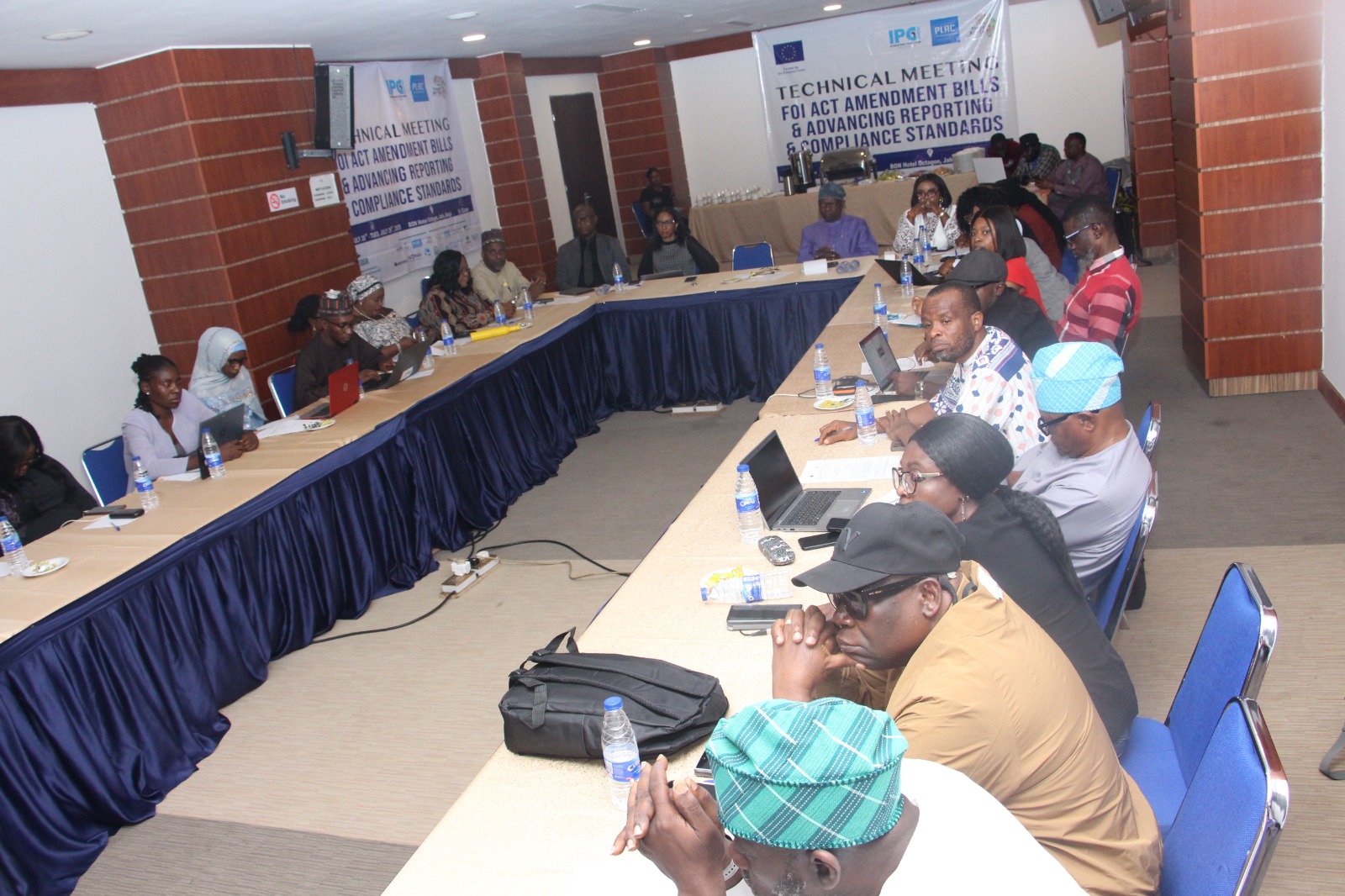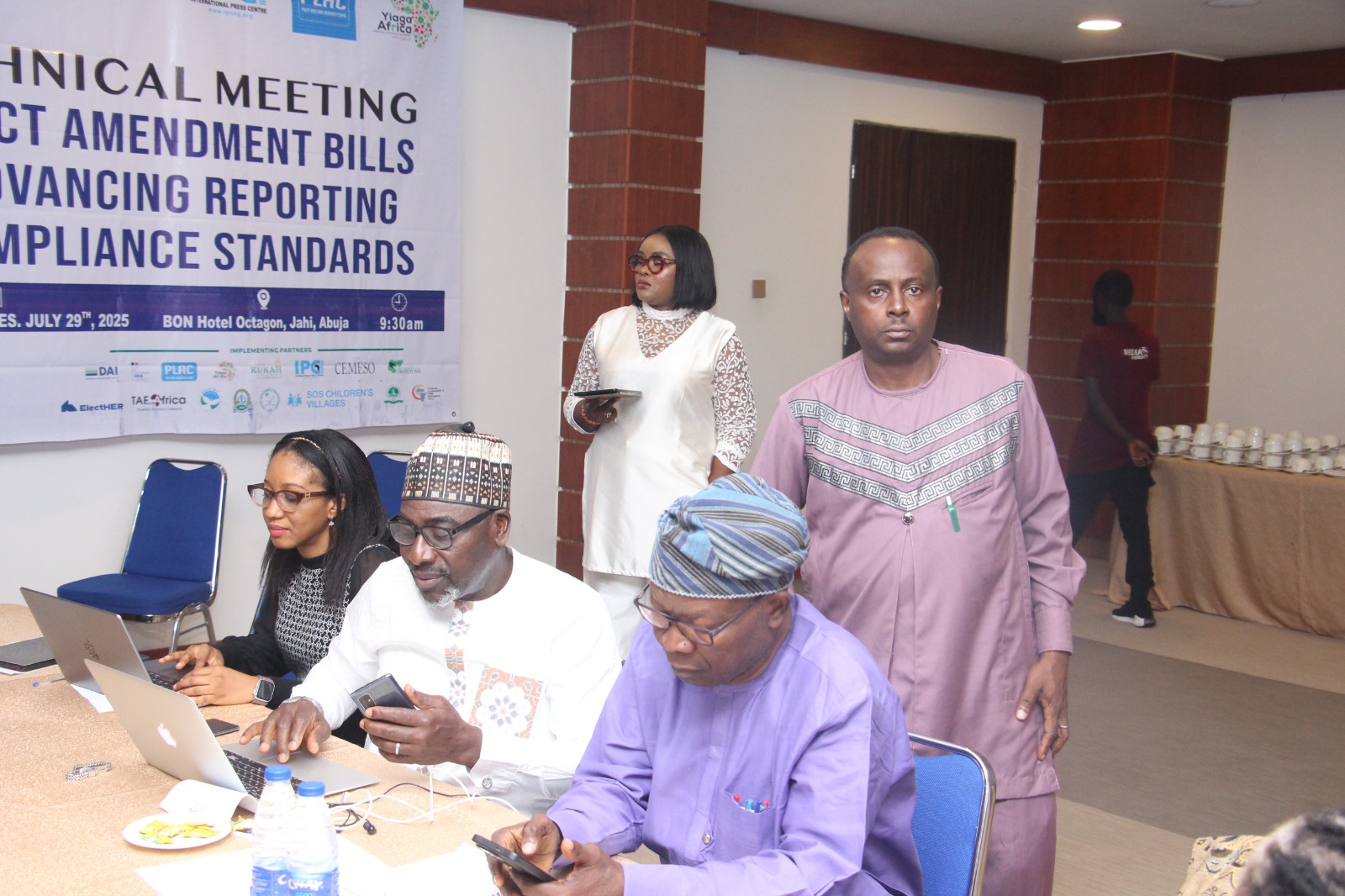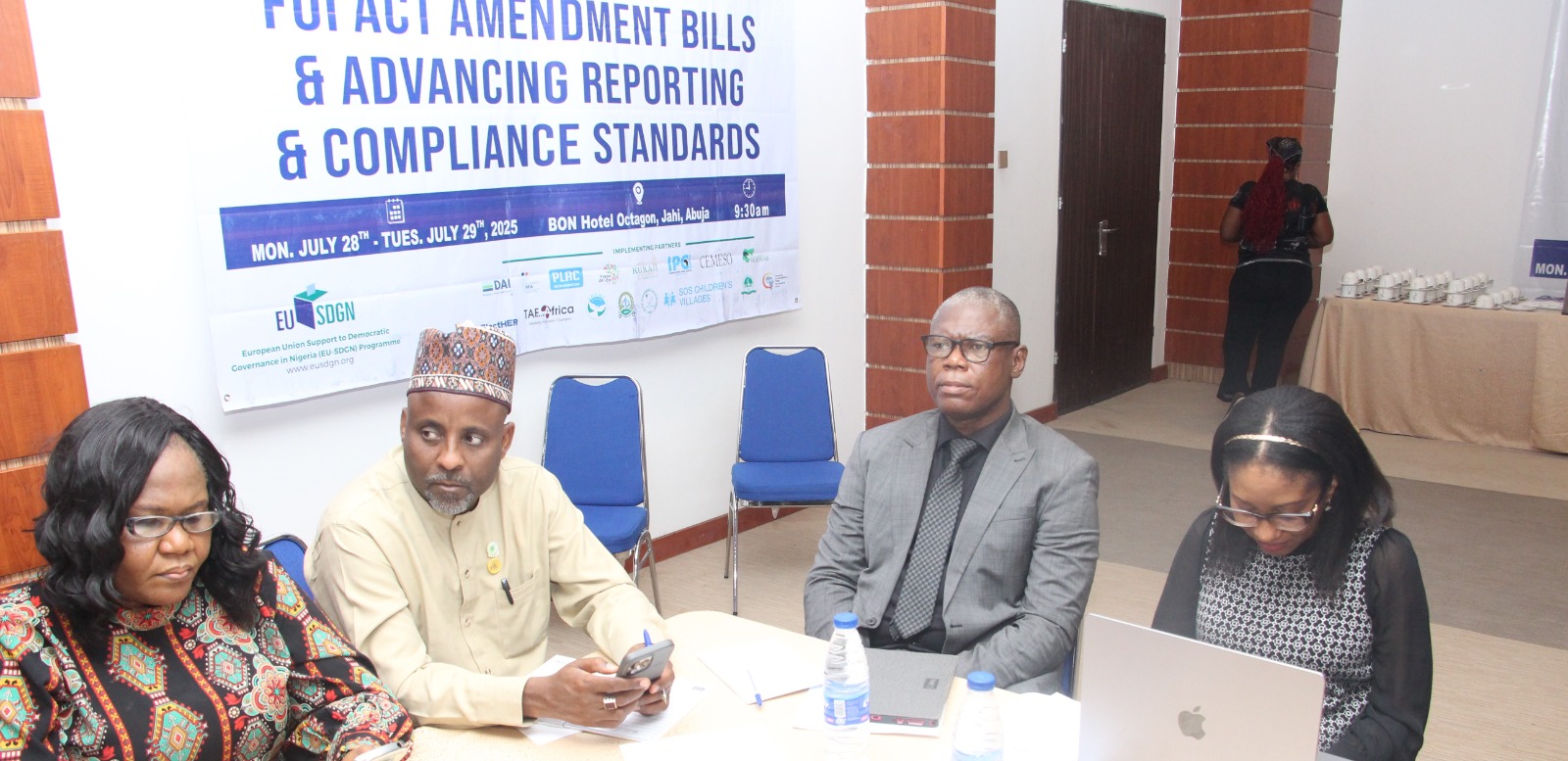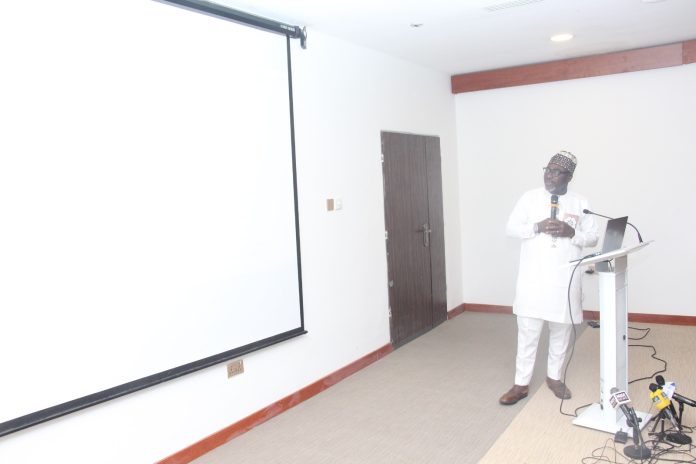…Demand Tougher Sanctions, Strict Compliance

Media, civil society, and legal stakeholders have raised fresh concerns that proposed amendments to Nigeria’s Freedom of Information (FOI) Act could risk weakening the right of citizens to know, instead urging reforms that strengthen compliance, introduce tougher sanctions, and reinforce the Act’s original spirit.
Speaking at a two-day technical session held in Abuja and organised under the European Union Support to Democratic Governance in Nigeria (EU-SDGN II) programme, Executive Director of the International Press Centre (IPC), Mr Lanre Arogundade, warned against complacency.
“We have seen firsthand how access to information, or the denial of it, shapes not just reporting, but public trust and the accountability ecosystem. The right of access to information remains sacrosanct, being universally acknowledged as the oxygen of democracy.
“In this wise, we should not shy away from measures, policies, and legislative reforms that can uphold the inviolability of that right, knowing especially that political office holders would rather withhold information than make it easily available since they are usually more driven by personal interest instead of the public interest,” he said.
Mr Arogundade outlined six urgent reasons why the amendment process must be approached carefully: the need to uphold the inviolability of citizens’ right to information; overhaul ineffective reporting and compliance standards; revisit inadequate sanctions against deliberate non-disclosure; secure better funding for Ministries, Departments and Agencies (MDAs) to meet obligations; extend compliance to all three tiers of government following the Supreme Court’s judgment; and ensure amendments strengthen rather than weaken the law.
“We should engage now, rather than play catch-up later when changes that damage transparency might already have been passed,” he cautioned.
Programme Manager at the Policy and Legal Advocacy Centre (PLAC), Ms Nkiru Uzodi, echoed these warnings, urging that any legislative review should be guided by three key principles: preserving the spirit of the FOI Act, strengthening enforcement and accountability, and ensuring inclusive stakeholder engagement.
“The FOI Act of 2011 was a hard-won gain. Its implementation has revealed strengths but also serious systemic weaknesses. Compliance remains low, and enforcement mechanisms are weak. Rather than just tweaking the law, we must empower oversight bodies and hold institutions to account,” she noted.
Meanwhile, the Executive Director of the Centre for Media and Society (CEMESO), Dr Akin Akingbulu, illustrated the Act’s uneven reality through practical examples: a young journalist threatened for filing a simple FOI request, and international stakeholders whose requests were ignored by public agencies.
“Many MDAs act as though compliance is optional. No agency has been sanctioned for refusing information. Citizens still have to go to court just to get basic documents. This is unacceptable,” he said.
Dr Akingbulu emphasised the importance of reforming not just the text of the Act but also the culture of secrecy among institutions. “The FOI Act must work in practice, not just in law. We can’t afford amendments that criminalise requesters or give officials unchecked power to refuse information,” he added.





